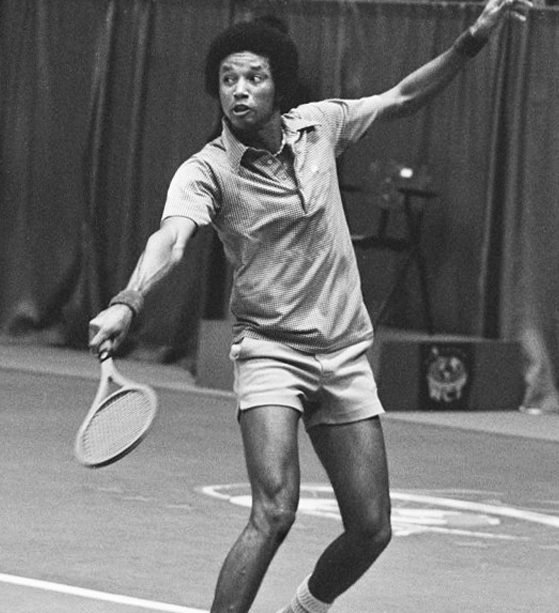The Impact and Legacy of Arthur Ashe

Introduction
Arthur Ashe was not only a phenomenal tennis player but also a pioneer in social justice and humanitarian efforts. His legacy extends beyond the tennis courts, making him an important figure in the realms of sports and civil rights. As the first African American man to win the US Open, Ashe broke racial barriers in a predominantly white sport, and his advocacy for AIDS awareness and education continues to resonate today.
Achievements in Tennis
Born on July 10, 1943, in Richmond, Virginia, Ashe displayed exceptional talent and determination from a young age. He won the US Open in 1968, the Australian Open in 1970, and Wimbledon in 1975, securing his place in tennis history. Ashe’s technique and strategic play revolutionised the game, making him one of the most respected athletes of his time. Beyond his grand slam victories, he was active in promoting tennis around the world, notably in Africa during the 1970s when he helped establish the African tennis circuit.
Advocacy and Social Justice
Ashe’s influence extended far beyond tennis. He was an outspoken advocate against segregation and racial discrimination. His civil rights activism included addressing issues faced by African Americans and promoting education. After retiring from professional tennis, he focused his efforts on humanitarian work, particularly surrounding HIV/AIDS awareness after he was diagnosed with the virus in 1988. His openness about his illness helped destigmatise the condition and educate the public about its impact.
Honours and Legacy
In recognition of his contributions to sports and society, Ashe received numerous accolades. The Arthur Ashe Foundation for the Defeat of AIDS, established in his name, continues his legacy by funding research and raising awareness about the disease. In 1997, the United States Postal Service issued a stamp honouring Ashe, and in 2009, he was awarded the Presidential Medal of Freedom, underscoring his status as a national hero. The Arthur Ashe Courage Award, presented annually at the ESPY Awards, is given to individuals who possess the qualities of courage and character that Ashe embodied.
Conclusion
Arthur Ashe’s story is one of triumph, resilience, and bravery. As an athlete who broke racial barriers and a humanitarian who fought for social change, Ashe’s influence remains profound. His legacy serves not only as an inspiration to aspiring athletes but also as a reminder of the importance of advocating for equality and compassion. As we reflect on his life, it is essential to continue his mission of promoting social justice and health awareness, ensuring that his contributions are never forgotten.









